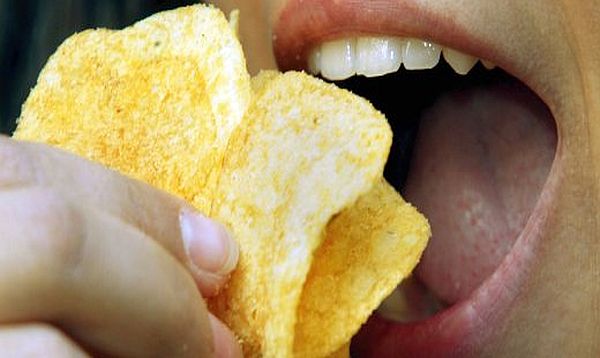A recent study by researchers at the University of North Carolina and Mexico's National Institute of Public Health examines the first-year effects of a junk food tax implemented by the Mexican government in 2014.
The results show that there was an average reduction of 5.1 percent on purchases of taxed food items in 2014, which was equivalent to 25 grams per person per month.
In Mexico, the government created an eight percent tax on high-calorie foods in an effort to deal with increasing rates of obesity and diabetes. According to the law, nonessential foods include chips, salty snacks, and frozen desserts. The government also implemented a 10 percent tax on sugar-sweetened drinks.
 |
According to the study, the nonessential food tax managed to decrease purchases of junk food in low-income and medium-income households. The low-income households bought on average 10.2 percent less taxed foods. The medium-income households bought on average 5.8 percent less taxed foods. The purchases of junk food in high-income households did not change, according to the study.
"This is the first rigorous, longitudinal evaluation of a junk food tax with detailed data on both taxed and untaxed foods," said Dr. Lindsay Smith Taillie, who is also a researcher at the University of North Carolina and one of the co-authors of the study.
The study did not show if the tax influenced the overall behavior of the participants. It did not mention if the families bought healthier foods, decreased their calorie intake, or decided to purchase less expensive street food in Mexico.
Mexico has one of the highest rates of childhood and adult obesity in the world. More than 33 percent of children and around 70% of adults are overweight and obese in Mexico.
Globally, Mexico is the fourth largest per capita consumer of energy dense foods and drinks. Around 9.1 percent of people in the country had type-2 diabetes in 2012. The consumption of non-basic foods that contain high levels of sugar or fat represents 11 to 18% of daily caloric intake, according to the 2012 National Health and Nutrition Survey.
According to the researchers, more studies should be conducted to "evaluate the impact of taxes on overall energy intake, dietary quality, and food purchases patterns."
Original article


